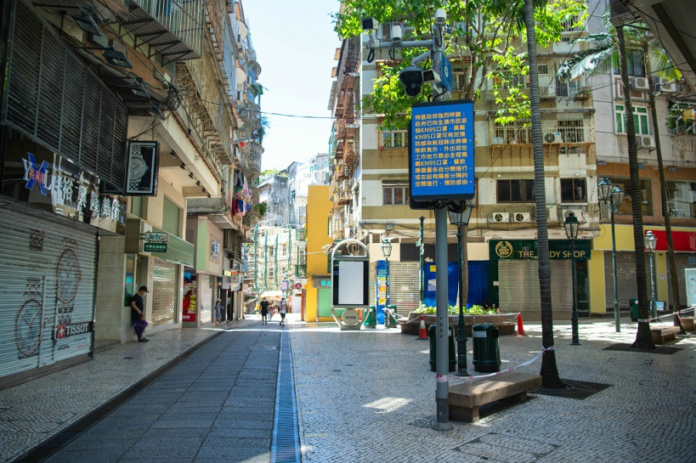
Macau Business | August 2022
By José I. Duarte | Economist, Macau Business Senior Analyst
The horizon line remains blurred two and a half years into the pandemic crisis. The second half of 2020 showed some promise that 2021, in the end, could not fulfil. First semester figures for the economy were not too inspiring.
Optimists that maintained hopes that 2022 might be the recovery year have possibly buried those hopes by now. Pessimists may be forgiven if they fear the lockdown (still on at the time of writing) will not help the second-half figures to improve. If anything, a lucid look around may suggest we are reaching the point where the economy and society should be considered in ‘disaster’ mode and must be dealt with accordingly.
Tourism demand changed in ways that are not easily reverted. At this time, our primary visitors’ sources are either too unreliable or too limited to support any meaningful recovery; alternatives are simply locked out. Lockdowns and the almost permanent threat of their recurrence present a challenge for many travelers.
The diversity of regional regulations and travel restrictions can only compound the risks associated with travel and will keep the eyes of those that travel (at all) elsewhere. Sources and flows of tourists dried up or were diverted; they may not be easy to revive.
There is no clear way out of the current situation. On the contrary, the extant policies to deal with the pandemic, regardless of how one may judge their appropriateness, raise the possibility of a perpetually returning state of exception. There are scant indicators a change will happen in the short-term, if at all on the observable horizon.
Even in the unlikely circumstance that traveling and the general conditions surrounding the local economy were to return to normal, it is doubtful the response might be swift and effective. The local tourism services’ supply capabilities were seriously affected.
Operational and training routines were disrupted; many workers left, voluntarily or not, and their replacement still poses a significant challenge in most if not all sectors of activity. As a result, ensuring the continuity of operations and the maintenance of service standards is and will be a challenge.
Among the tourism segments, the casino industry is the only one that can be relatively independent of the actual flows of visitors – if their patrons’ pockets compensate for their reduced presence, that is. But casinos are facing the penury of gamblers and bets.
The main driver for the existing economic model is sailing painfully through very troubled waters. The continuity of the model that kept the economy running and the public coffers full is obviously at stake. With the new concessions on the table, it is unlikely the situation will change significantly in the coming months.
Other tourism activities do need real visitors. Hotels, restaurants, and most shops depend significantly on tourists showing up at their premises. If they don’t, these businesses have limited ways to compensate for the loss of their customs. And that is the bulk of the local economy. Yet there is hardly any activity that is not directly or indirectly affected by the vigour (or lack thereof) of tourism activities.
Further, other no less important activities may be suffering in ways that are not so immediately visible but are critical for the general well-being of the population. There are signs of lowering standards for important social aspects such as health care and education, not to mention leisure and others that play vital roles in the overall welfare of the population (and the labour force’s productivity).
Under such a framework, awarding the new gambling concessions raises an interesting but not necessarily desirable challenge. What operating conditions can the authorities credibly guarantee and what commitments can the candidates reliably pledge?
























